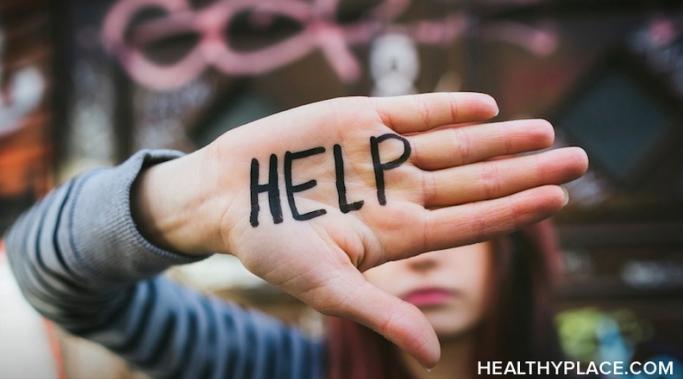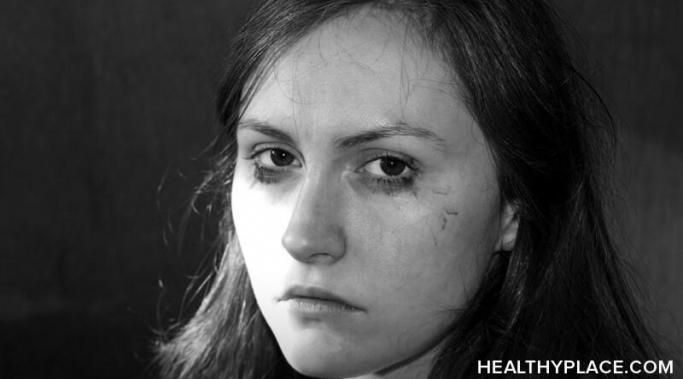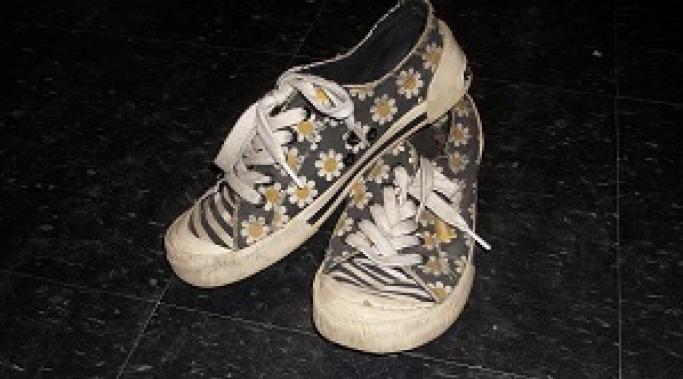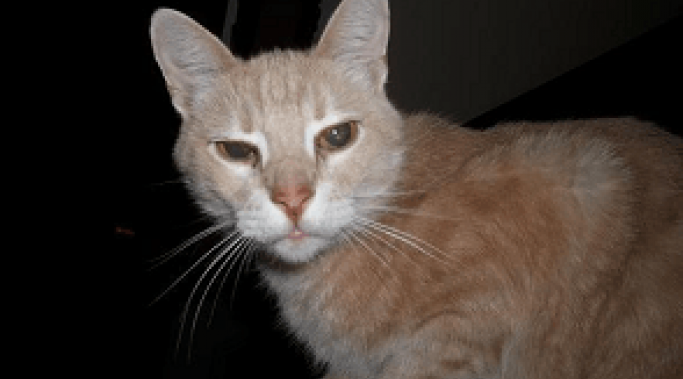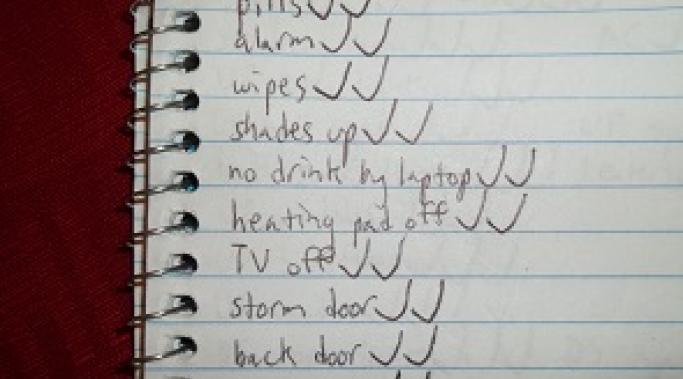People do a lot of things to help with their schizophrenia or schizoaffective disorder, including journaling. I believe taking medication and seeing a therapist are the most important strategies. But there are other things to do for self-care besides that. I know a lot of people swear by meditation. I swear by exercise for schizoaffective disorder, as I’ve written about previously. But something new has come into my life that helps with my schizoaffective disorder that I’d like to share with you. Well, it isn’t exactly new. It’s something I’ve been doing on and off since I was five. Recently I’ve decided to get serious about it. I’m talking about journaling with schizophrenia or schizoaffective disorder.
Creative Schizophrenia
As someone with schizoaffective disorder, it’s hard to say whether the Internet is a blessing or a curse. After all, without the Internet, I wouldn’t be writing this and you wouldn’t be reading it. But what can be the pitfalls of the Internet for someone with schizophrenia or schizoaffective disorder?
Schizoaffective disorder/schizophrenia and dealing with a crisis can be challenging. My brain is always making up crises. I can’t turn them off even though I know they are part of my schizoaffective and general anxiety disorders. After an initial psychotic episode, I was first diagnosed with schizophrenia, and then re-diagnosed with schizoaffective disorder. Schizophrenia involves serious, but treatable, delusions and hallucinations. Schizoaffective disorder is a type of bipolar disorder, with milder symptoms of schizophrenia and a lot of anxiety that so often accompanies bipolar disorder. I make crises out of situations that are certainly uncomfortable but not “the end of the world” in reality. So, as people with schizophrenia or schizoaffective disorder, how do we deal with real crises when our brains are used to making every little thing into a crisis?
Many high-functioning people with schizophrenia or schizoaffective disorder have jobs and schizophrenia in the workplace is a real issue. Jobs that they get up and go to and where they work alongside other people. You might work alongside a person with schizophrenia or schizoaffective disorder and not even know it. Don’t worry, we don’t bite (Are People With Mental Illness More Violent?).
Schizophrenic voices on Thanksgiving are not fun. People with schizophrenia and schizoaffective disorder aren’t the only people who may dread the holidays. In When Harry Met Sally, Harry (played by Billy Crystal) tells Sally (Meg Ryan) that he wishes he could just skip the weeks from Thanksgiving through New Year.
Having schizophrenia is bad enough but having schizoaffective disorder or schizophrenia during the holidays can be daunting. It’s simply terrible that these illnesses often strip us of our ability to enjoy times that are supposed to be joyous occasions, times like the holidays. All the shopping in crowded malls and all the parties crowded with people can be torture (Mental Illness Can Overstimulate your Brain). Here are some tips on celebrating the holidays even with schizophrenia or schizoaffective disorder.
I never thought that exercise could help my schizoaffective disorder. Now I know better. I’ve been running every day for a little over two months, and it has drastically cut down on the breakthrough episodes I have with voices. I knew exercise helped with anxiety and depression, but I didn’t know it could strike back so effectively at those nagging schizophrenic voices but it turns out that exercise can help schizophrenia or schizoaffective disorder.
Antipsychiatry stigma can affect people with schizophrenia or schizoaffective disorder. And having schizophrenia or schizoaffective disorder is hard enough without having people tell you that you shouldn’t be taking your medications. Antipsychiatry and stigma is rampant and dangerous not to mention it's rude to question one's choice of treatment for an illness. Unfortunately, antipsychiatry is a stigma that everyone with schizophrenia, schizoaffective disorder, and other mental illnesses runs into at some point.
My schizophrenia (or, more accurately, schizoaffective disorder) revealed itself to me in the form of a psychotic episode around this time of year. It happened 17 years ago, when I was a sophomore at the Rhode Island School of Design. Having your first schizophrenic or schizoaffective psychotic episode in college is pretty typical. But if it happened so long ago, why does it still matter?
Schizophrenia and obsessive thinking, which is a symptom of obsessive-compulsive disorder (OCD), rarely present together (although there is a noticeable comorbidity between schizophrenia and OCD). However, I do not have OCD and my schizophrenia symptoms never included obsessive thoughts.
At least not until I was put on an antipsychotic medication with a rare side effect of causing obsessive thoughts. Then, not only did I have to deal with symptoms like hearing voices, but my generalized anxiety disorder morphed into a deep well of obsessive thinking with no bottom. Schizophrenia and obsessive thinking is a tough pair to deal with.


